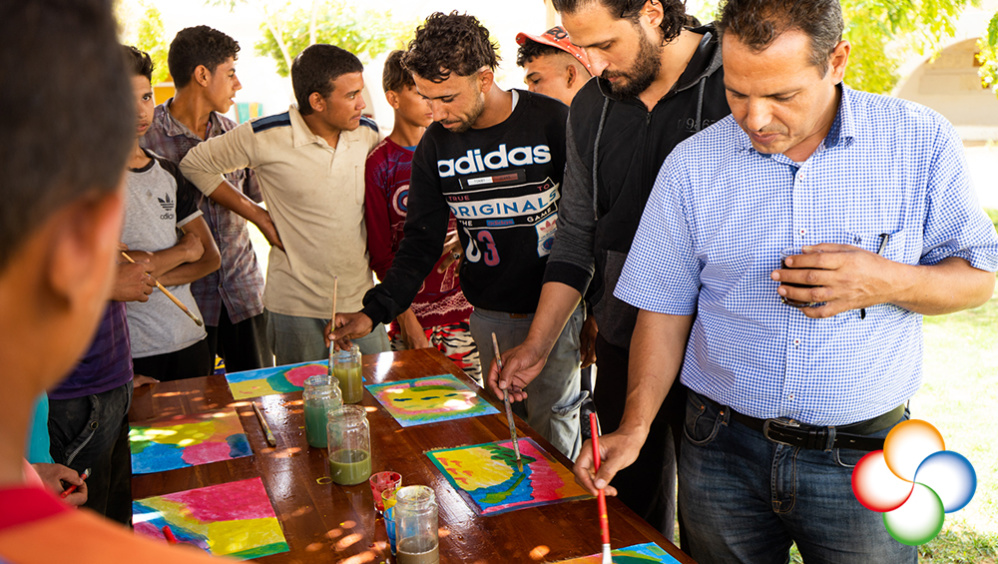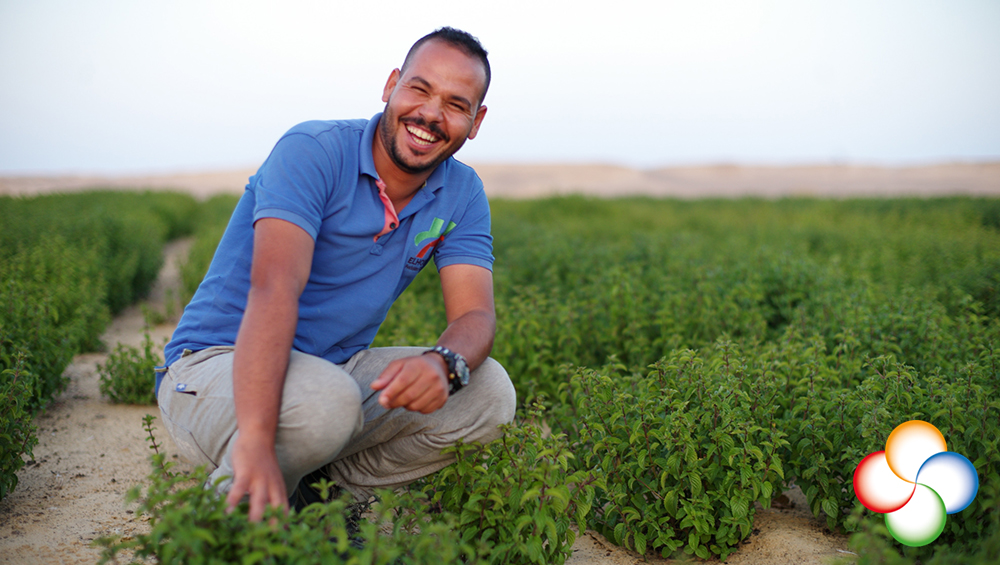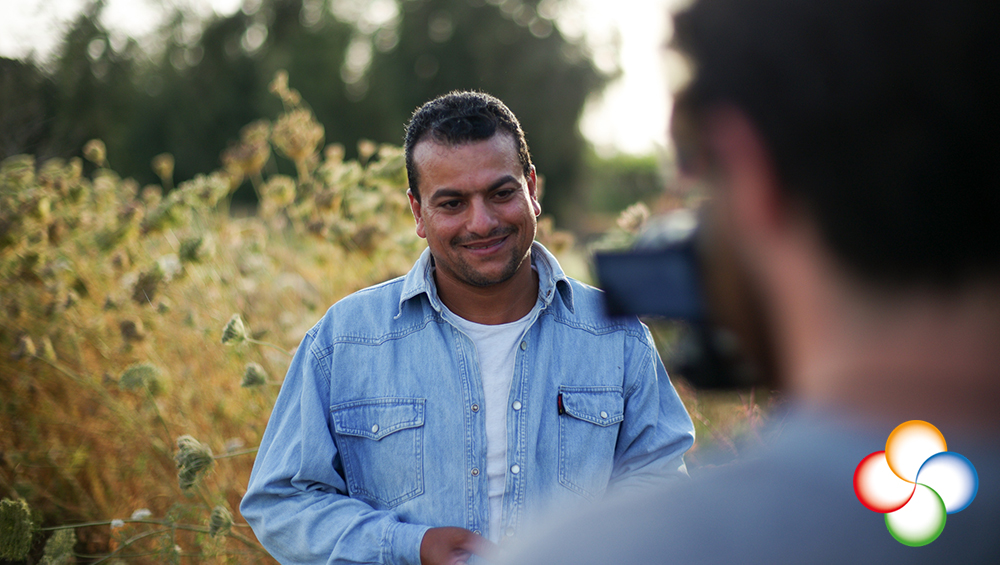Organic, fair, sustainable – customers can already base their choice on a diverse selection of products’ certifications. Currently, most available standards are designed to protect the environment or human rights. Now another standard, originated from Egypt and with international reach “Economy of Love” (EoL), is making its way into the market. But do we really need a new standard? The short answer is: yes, SEKEM thinks so – today more than ever! SEKEM is starting to get all its farms and processing companies certified by the new EoL Standard. “Economy of Love” developed its standard criteria, strongly inspired by SEKEM’s holistic vision. The EoL Standard was developed by the EBDA (Egyptian Biodynamic Association) and has been accredited by the COAE (Center for Organic Agriculture in Egypt).
While currently existing labels assess the way they treat the environment, or focus on fair compensation and working conditions, EoL introduces a holistic concept that covers both and even more: “The cultural aspect, i.e. the question of how a product influences the potential development of both consumers and producers, has not been considered by any other label so far,” says Helmy Abouleish who, as managing director of the SEKEM initiative, has closely followed the development of the standard. “EoL is a multidimensional standard for a holistic sustainable development,” he adds.

For example, producers must always have access to regular integrated cultural activities and educational opportunities promoting lifelong learning, taking local culture into account. In addition to producers, the cultural criteria must ensure that EoL-certified products also contribute meaningfully to the potential development of consumers. This means that those certified products must not only meet the requirements of biodynamic farming or fair and dignified working conditions along the whole supply chain, but much more: the 20 basic criteria cover the four dimensions of culture, society, environment and economy for everyone in the value chain in equal measures.
The EoL Standard developers saw the need to further develop a standard which covers the entire value chain and presents it transparently. “If consumers had the opportunity to trace the origin and route of a product, we are convinced that they would adopt a different purchasing behavior,” says Justus Harm, head of the EoL Standard. “We want to represent the entire value-added cycle in order to eliminate the anonymity between consumers and producers. The lost relationship to the origin of a product has contributed greatly to the enormous loss of the value of goods and labor”. And there is much more to this transparency than just tracing the main raw material, representing only a certain part of the total product; EoL also takes into account the origin of packaging materials, transport routes, processing and the actual costs incurred in production. This is based on studies in which the actual costs of production include external damage costs, such as water pollution, environmental impact or CO2 emissions which should be included in the product price. Certified companies must disclose these costs in order to be part of the EoL network. In order to establish this level of transparency to the consumer, The EoL Standard developed the “impacTrace”. This is a tool which enables the complete traceability of a product. Through impacTrace, information can be obtained about the farmers, transport, packaging, processing and the ecological footprint of all certified products.

Farmers, processors and distributors in Egypt can now apply for “Economy of Love Certification” with the COAE. The new EoL Standard is also supported on an international level by stakeholders in the Organic and Fair Trade sector. “Not only SEKEM, also its partners and supporters, have recognized the need for a more holistic and inclusive standard. We have to think and act holistically in order to be able to change the economic system in a truly sustainable way,” says Helmy Abouleish. “That’s why we are in the process of having our SEKEM farms, companies and all of our, more than 400, contracted farmers EoL certified. We see this approach as a fundamental step for the development of the agriculture and food sector as well as for the people along the value chain.”
Christine Arlt
Here you can find more information about the "Economy of Love"-Standard and the impacTrace tool!
To get EoL certified, contact COAE
For more information contact Justus Harm

